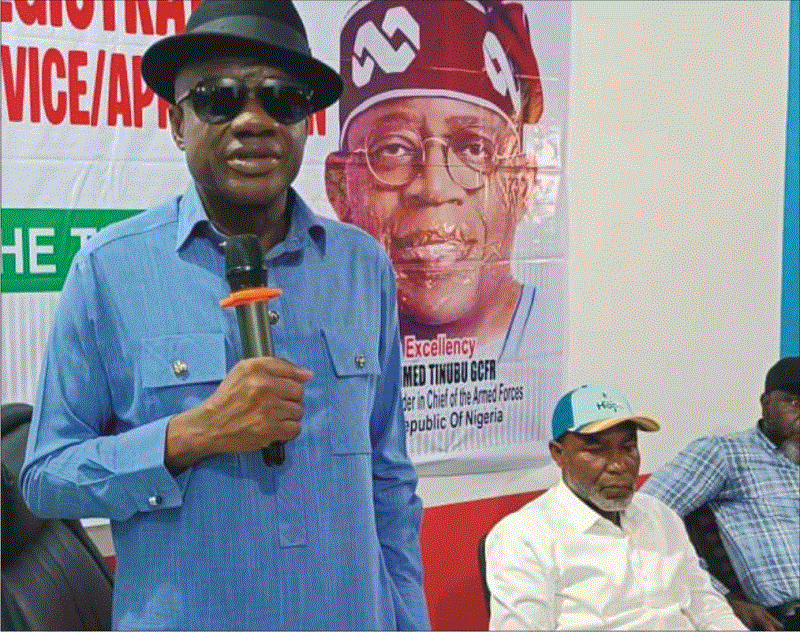Reps Minority Leadership: Iyorchia Ayu Committee Grills Elumelu, Others
Members of the committee chaired by a former Senate President, Senator Iyorchia Ayu, that was set up by the Peoples Democratic Party are currently grilling the Minority Leader of the House of Representatives, Mr. Ndudi Elumelu and other PDP members of the House of Representatives who were suspended by the party’s National Working Committee.
The members were suspended after the emergence of Elumelu as the Minority Leader contrary to the party’s list for minority leadership in the House of Representatives.
Other PDP Reps who were suspended by PDP NWC for alleged “indiscipline, insubordination and disobedience of the party directives,” include; member representing Oriade/Obokun Federal Constituency of Osun State, Wole Oke; member representing Onitsha North and Onitsha South Federal Constituency, Lynda Ikpeazu; member representing Ezza North/Ishielu Federal Constituency, Anayo Edwin; member representing Kaura Federal Constituency election in Kaduna State, Gideon Gwani; member representing Aninri/Awgu/Oji River Federal Constituency of Enugu State, Toby Okechukwu and member representing Ijebu-North / Ijebu-East / Ogun Waterside Federal Constituency, Adekoya Abdul-Majid.
Our correspondent in Abuja on Thursday observed that other Rep members who were not suspended also attended the session.
Other members of the Ayu committee include Austin Opara (Secretary), Senator David Mark; Ibrahim Mantu, and Adolphus Wabara.
Culled from Punch




